Collagen Banking:
The Skincare Strategy You Consume
Collagen has always been considered one of the building blocks of youth.
Discover what ‘collagen banking’ really means, why it matters for long-term skin health, and whether supplements could help you build your reserves.
15 September 2025
Share this exclusive content from Saladplate
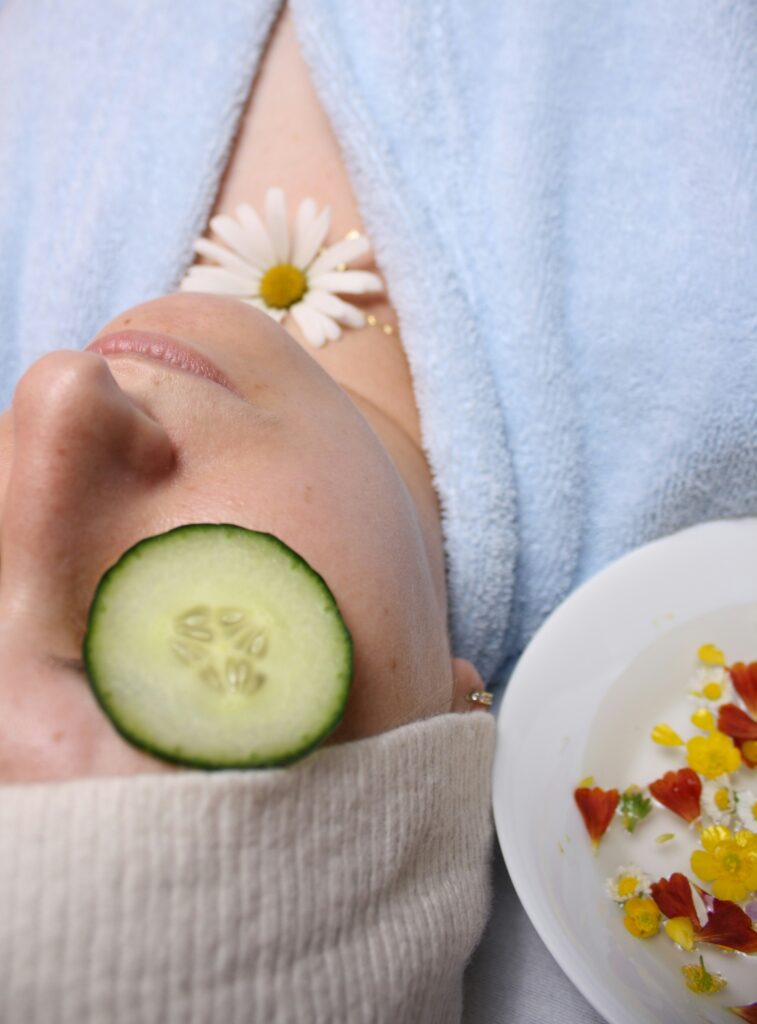
Collagen banking is a proactive approach to skin health | Photo credit: Adrian Motroc on Unsplash
In the same way you’d put money in a savings account for the future, it’s smart to start “banking collagen”—preserving and stimulating collagen production—as early as possible. The term has been around since at least 2019, when dermatologists began promoting “prejuvenation” over rejuvenation: the idea that it’s better to prevent signs of aging before they appear, rather than trying to reverse them later.
“Collagen banking” encourages a proactive approach to skin health. As Dr. Liz Lum from IDS Clinic explains, “Collagen banking aims to preserve as much collagen as we can while stimulating more. The ideal time to start is in your
mid-twenties, when collagen naturally begins to decline, but it’s never too late to start.”
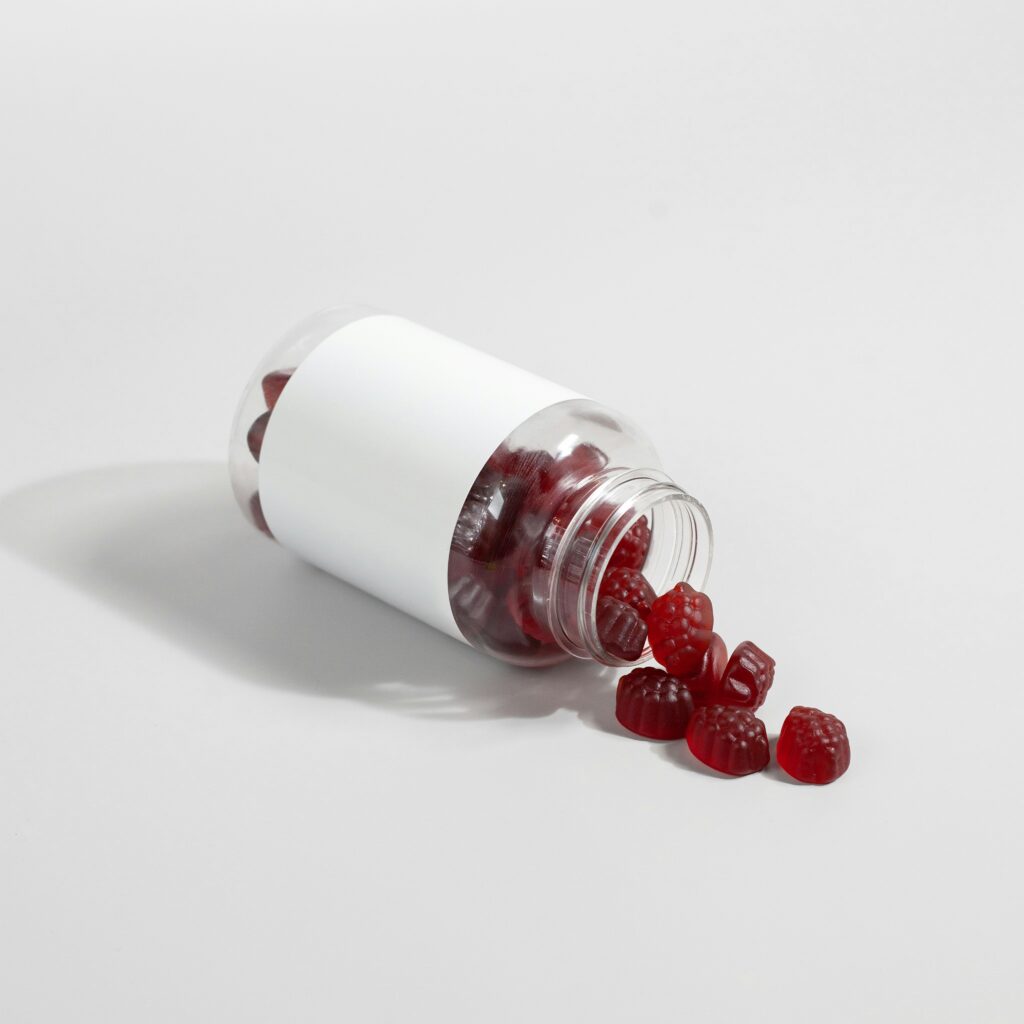
Supplements have long been a go-to in the anti-aging world, and collagen is no exception | Photo credit: Supliful on Unsplash
Why Collagen Production Declines
Although the body produces collagen on its own by using amino acids from protein-rich foods like meat, fish, and bone broth, production slows as we age. Starting around age 25, collagen synthesis begins to decline by about 1% per year. This process is accelerated by external factors like UV exposure, smoking, excess alcohol consumption, and poor diet.
A Sip (Or A Bite) Of Youth
Supplements have long been a go-to in the anti-aging world, and collagen is no exception. According to Mordor Intelligence, the global collagen supplements market is currently valued at USD $5.91 billion, and it’s expected to grow to $8.02 billion by 2030. This surge is driven not only by older consumers concerned about joint, bone, and skin health, but also by younger consumers looking to maintain skin, hair, and nail vitality.
Historically, collagen supplements have been criticized for relying on animal-derived sources, but newer innovations have led to more sustainable marine-based and plant-derived options.
It’s also important to note that collagen molecules are too large to be absorbed directly into the body. That’s why effective supplements contain hydrolyzed collagen peptides—broken-down forms that are easier for the body to absorb and use.
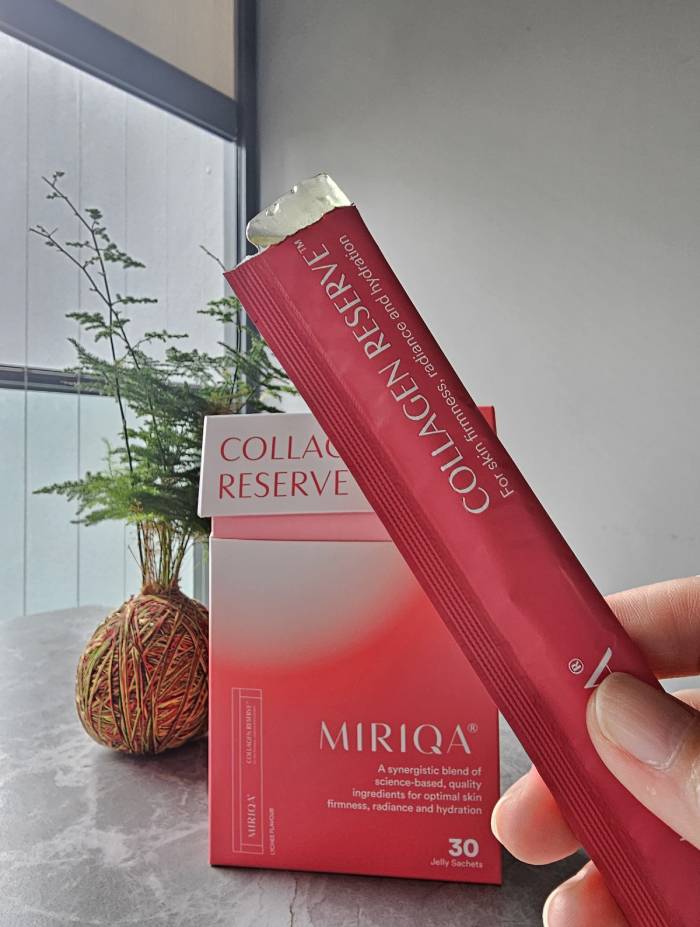
Photo credit: Miriqa on DailyVanity
For Miriqa, a Singapore-based brand that makes wellness-based supplements, their Miriqa Collagen Reserve features hydrolysed marine collagen that provides the necessary building blocks for collagen synthesis. This helps to reduce fine lines and promote firmer skin.
Geraldine Lim, Director at Wellchem Pharmaceuticals, Co-Founder of Miriqa and Co-Founder of Glovida Pharmacy, explains, “While the body produces collagen naturally, supplementation with hydrolyzed collagen peptides helps stimulate collagen synthesis and supports the body’s regenerative processes,” she says. She also cautions that not all supplements are created equal.
“The effectiveness of collagen supplementation depends heavily on molecular weight, Dalton size and peptide structure. Molecules that are too large are poorly absorbed and are unlikely to make it past the digestive tract into
the bloodstream. So, it is important to bank your collagen, but the choice of supplements matter.” Their Collagen Reserve also contains other skin-enhancing ingredients such as Niacinamide (which strengthens the skin barrier and improves tone and texture), Vitamin C (essential for collagen synthesis and skin brightening) and Black Crystal Roselle (an antioxidant that helps fight free radical damage).
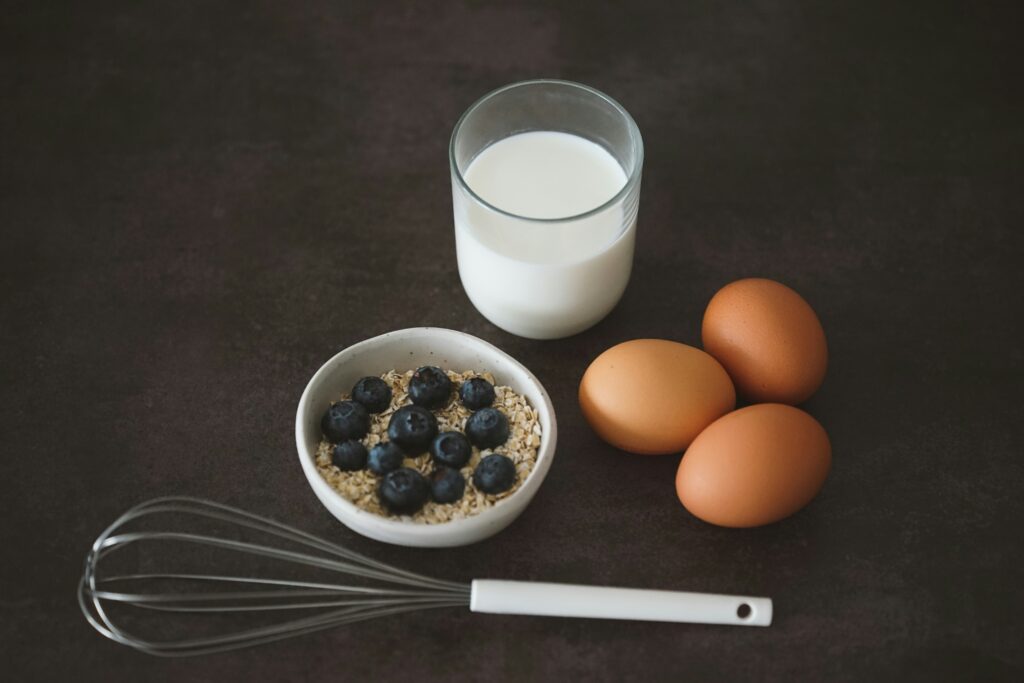
Top collagen-building foods include egg whites and blueberries | Photo credit: Irene Fernandez on Unsplash
You Are What You Eat
Supplements alone will not help your collagen “bank”, nutrition also plays an invaluable part in the process. It’s possible to encourage the body to produce more collagen by eating foods that offer the building blocks it needs to do so.
Top collagen-building foods include:
● Protein sources: beef, pork, chicken, turkey, egg whites, fish skin, and bone broth
● Vitamin C–rich foods: citrus fruits, berries, bell peppers, broccoli, and Brussels sprouts
● Zinc and copper: cashews, pumpkin seeds, chickpeas, mushrooms, and dark chocolate
To protect existing collagen, focus on antioxidant-rich foods that neutralize free radicals:
● Berries (especially blueberries)
● Green tea
● Dark leafy greens
● Tomatoes
● Dark chocolate (at least 70% cacao, and of course, in moderation)
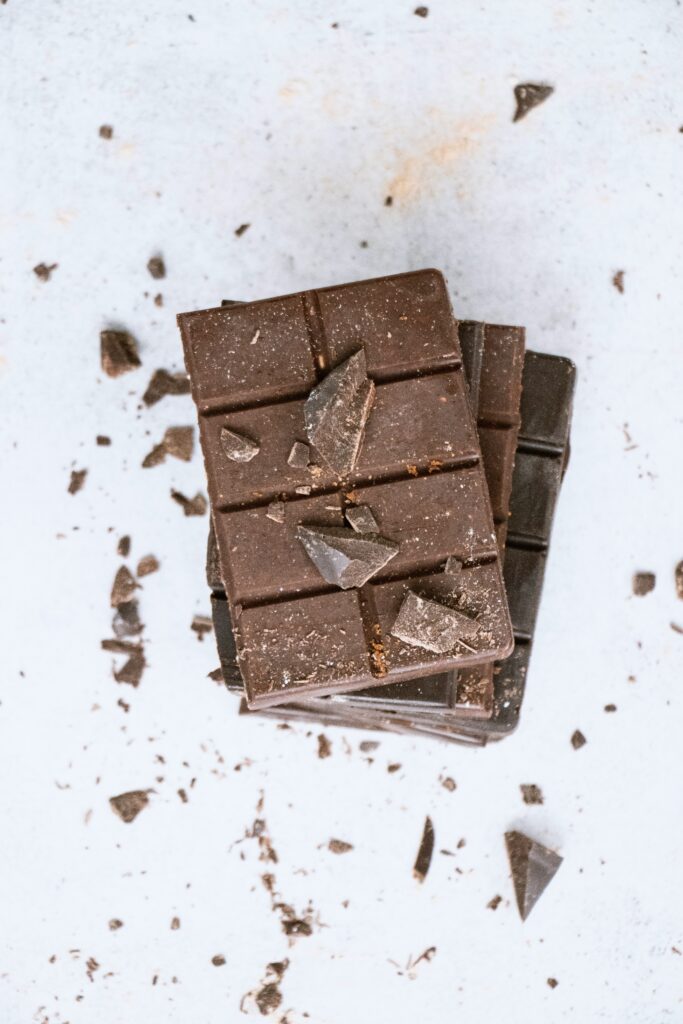
Photo credit: Tetiana Bykovets on Unsplash
These foods can help slow the breakdown of collagen caused by sun exposure, pollution, and stress.
Beyond Skin Deep
While supplements might be seen as a quick fix to solving your collagen “problems”, it should be noted that some nutritionists believe that a diet high in protein is generally enough to keep skin supple and healthy-looking.
However, studies on supplement usage have shown promising results. One from 2021 noted that those who used collagen supplements saw an improvement to their skin’s firmness and moisture content, with wrinkles being less visible.
Though it was also noted that many of these products also contained vitamins, minerals, antioxidants and hyaluronic acid, which are also beneficial to the skin. Other trials noted that drinking collagen supplements with high amounts of the peptides prolylhydroxyproline and hydroxyprolylglycine can improve skin moisture, elasticity, wrinkles, and roughness.
Choosing the right, reliable supplement can improve the quality of your skin and help you to “collagen bank” for the future. But clearly this is not a miracle solution. Instead, consumers should look to balancing a good diet with an educated use of supplements and keep in mind that it’s not just about looks. Says Lim from Miriqa, “Collagen is not just important for your face; it makes up about 30% of the body’s total protein and is a key component of skin, hair, nails, joints, bones, tendons, and even the gut lining. This means collagen supports your entire body, not just your appearance. So, whether your goal is to maintain a youthful glow, support joint health, or simply age gracefully, collagen banking can be started at any time—as long as you stay consistent.”
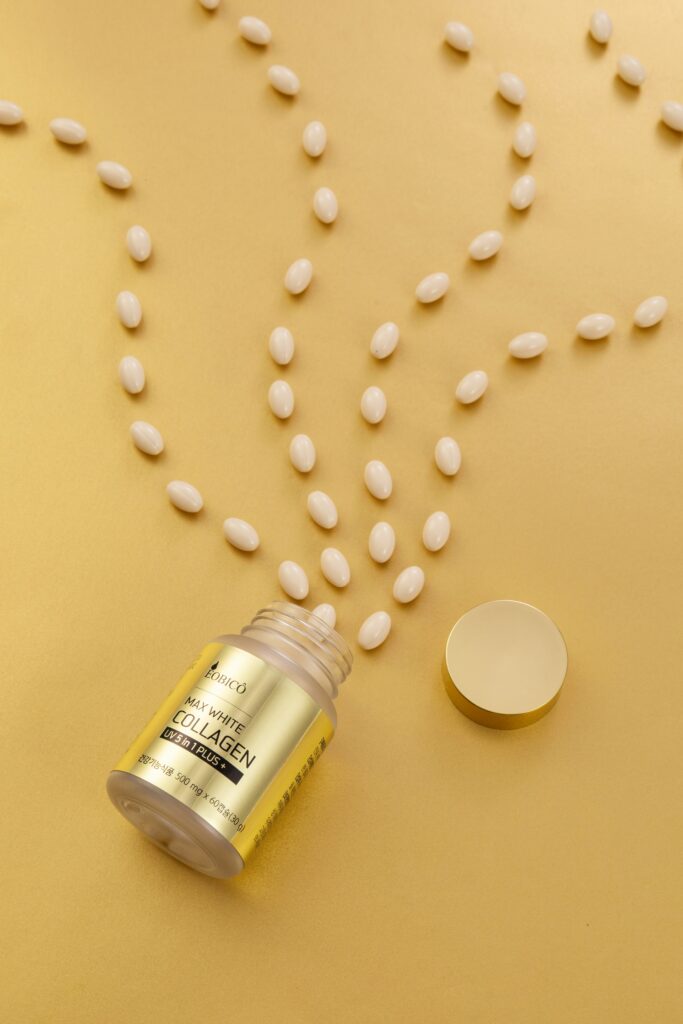
Photo credit: Hoang Vu Tuyen on Unsplash
Author: Karen Fong
Karen Fong is a Singapore-based writer and editor who has previously spent time in Hong Kong, Shanghai and Canada. She writes parenting, lifestyle and travel content and has worked with publications including The Singapore Women’s Weekly, DestinAsian, Travel+Leisure Southeast Asia and Prestige Hong Kong.



